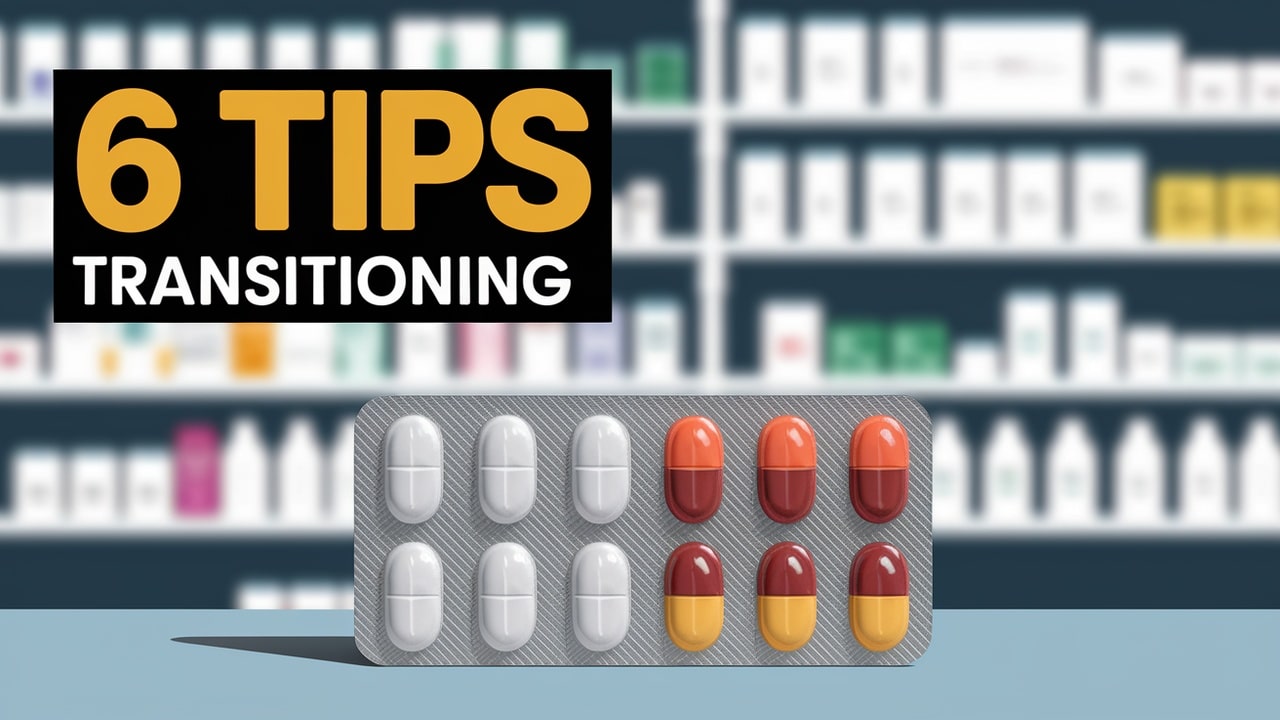
Is Cannabis Helping Solve A Prescription Drug Addiction Crisis?
Can Cannabis Helping Solve A Prescription Drug Addiction Crisis?
Across the world, we’re in the midst of a prescription drug addiction crisis that is contributing to more overdoses and increasing ill health among a growing number of people.
However, a new study has found that in states in which recreational cannabis use is legal, the number of people using and abusing codeine, a particularly addictive opioid designed to ease pain.
The studies now show…
The study, which was published in January in Health Economics found that in those states where cannabis is legal, the number of people seeking codeine prescriptions was significantly reduced, with many health professionals seeing this as a huge period during a time when the country is reporting over 10,000 deaths each year due to prescription opioid overdoses.
It’s taking its toll on the healthcare industry in a number of areas, with more and more people seeking help in a rehab clinic for prescription drug addiction, while hospitals are seeing more and more people visiting due to overdoses and other problems due to opioid abuse.
There has, of course, been some skepticism from the study, given that cannabis itself is an addictive substance, and there is still controversy around whether it should be legal. However, the risks of misuse, addiction, and overdose are much greater in codeine, and opioids in general, compared to cannabis, which is now legal in 21 US states for recreational use.
Author of the study, Shyman Raman, said of the results:
“A reduction in the misuse of opioids will save lives.
“Our research indicates that recreational cannabis laws substantially reduce the distribution of codeine to pharmacies, an overlooked potential benefit to legalizing recreational cannabis use.”
The study comes at an interesting time, with the entire country suffering from opioid problems. The findings revealed that in those states where cannabis is legal, the distribution of codeine from pharmacies was reduced by over a quarter, while that figure is 37% in those states that have had cannabis laws passed for more than four years.
Coleman Drake, a senior author at the University of Pittsburgh’s School of Public Health, said:
“Where previous studies have focused on more potent opioids, codeine is a weaker drug with a higher potential for addiction. It indicates people may be obtaining codeine from pharmacies for misuse and that recreational cannabis laws reduce this illicit demand.”
That could encourage more states to accelerate the legalization of cannabis for recreational use within them in a bid to try and combat the ever-growing opioid crisis across the States.






